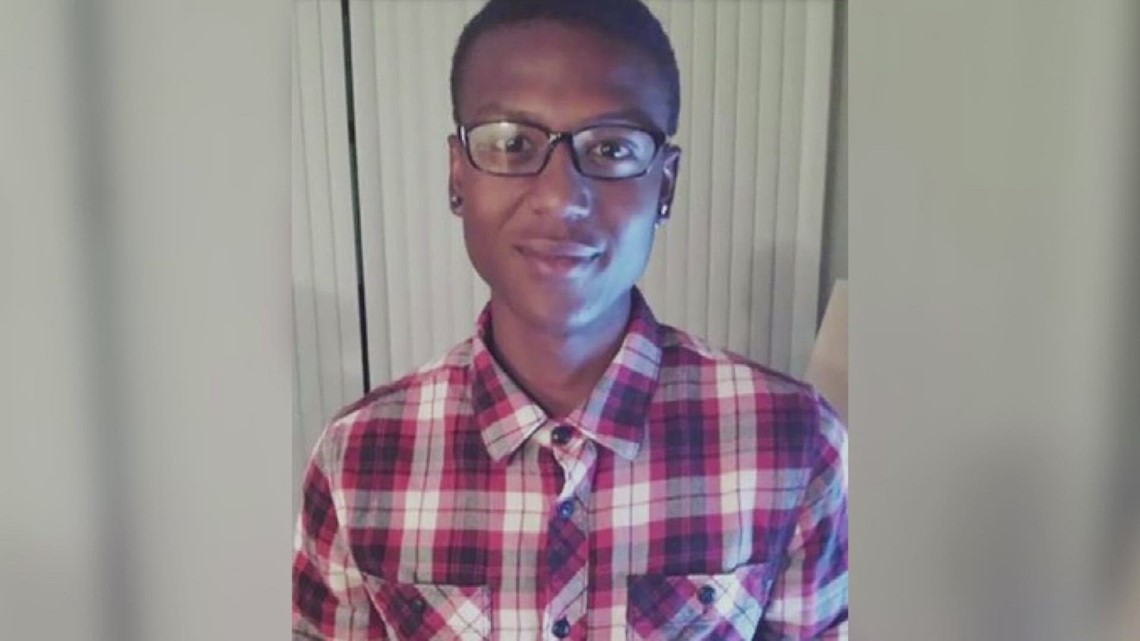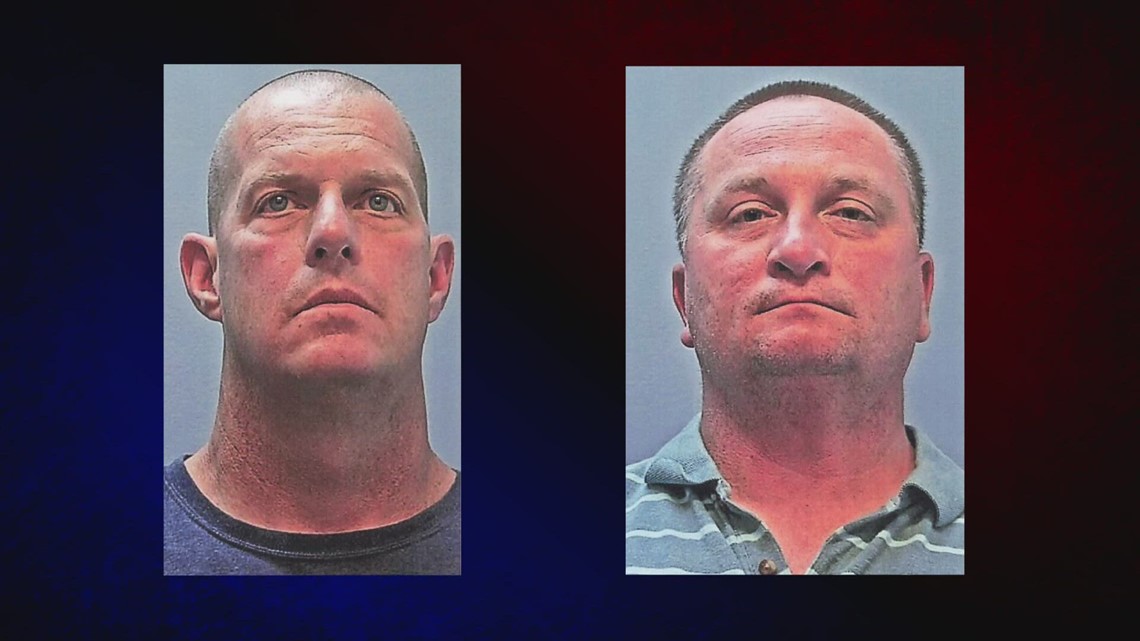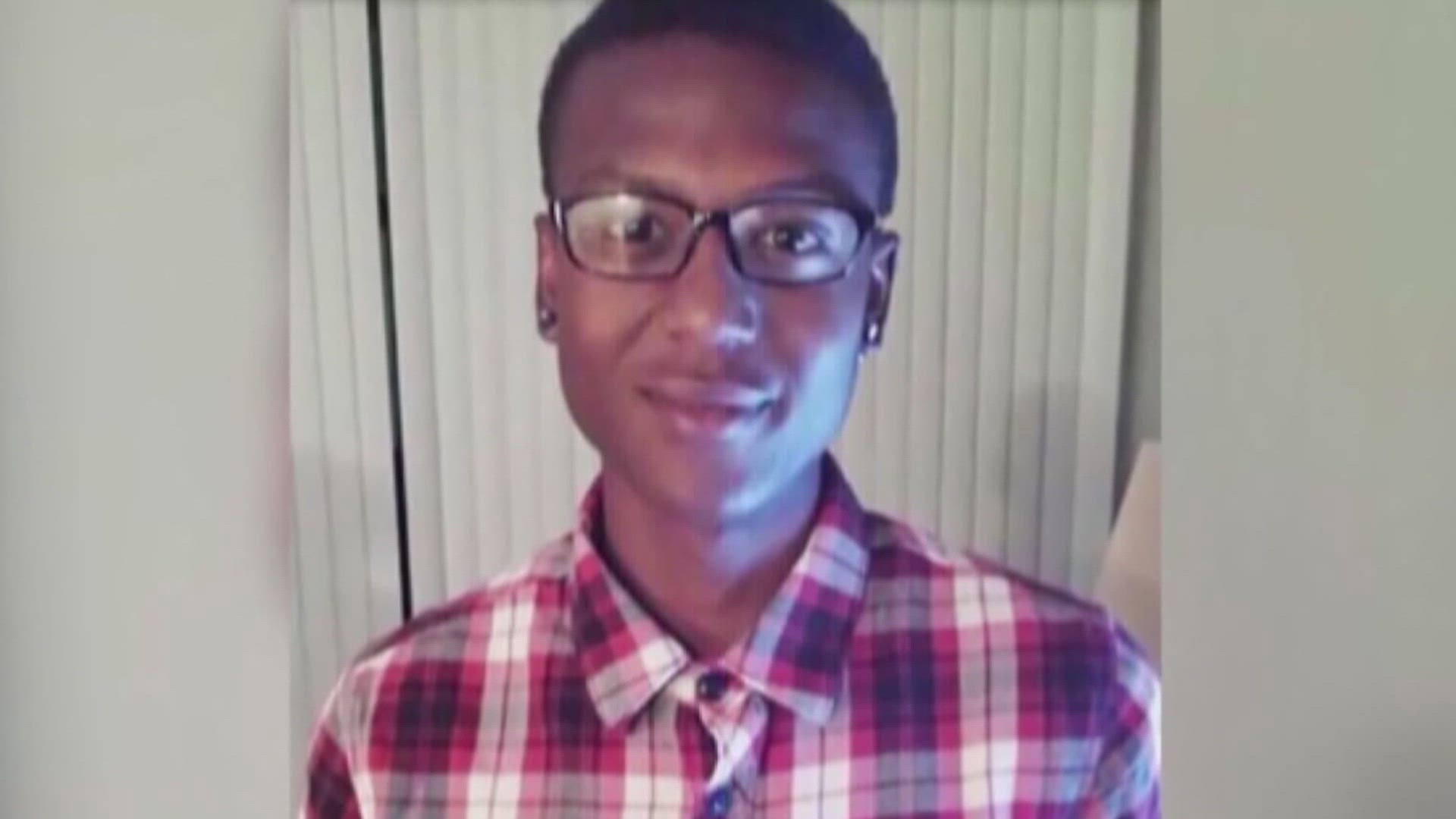AURORA, Colo. — Jurors will return Thursday morning to begin deliberating the fate of two Aurora Fire Rescue paramedics who injected Elijah McClain with ketamine after a struggle with three Aurora officers in 2019. McClain's heart stopped and he later died.
Prosecutors argued in their closing arguments Wednesday that Jeremy Cooper and Peter Cichuniec ignored the risks to McClain with every decision they made on Aug. 24, 2019.
"There was not one reason that the defendants needed to make any one of these terrible decisions. There was no justification not to assess Mr. McClain," said prosecutor Shannon Stevenson. "There was no justification to give someone who is not moving a sedative. There is no justification to ignore a lifeless patient for six minutes before you try to take his pulse."
The paramedics' attorneys contend the men followed their training, which told them ketamine was safe and that McClain was suffering from excited delirium.
"They were following their training. They were following their protocols," said Michael Pellow, Cooper's attorney. "They were instructed about the wide margin of safety. Ketamine is safe, excited delirium is dangerous. That's what it comes down to."
The trial for Cooper and Cichuniec began on Nov. 29. Both men are charged with reckless manslaughter and two counts of assault related to McClain's death. If convicted on all counts, sentencing ranges from probation to a maximum of 16 years.
Three Aurora officers first contacted McClain on Aug. 24, 2019, after someone called 911 about a man who was "suspicious" and wearing a ski mask. Within seconds of contacting McClain — who was doing nothing wrong — the first officer grabbed him and a struggle ensued. McClain was forcibly taken to the ground and placed in a carotid hold, which cut off oxygen to his brain for a short time.
He was then handcuffed and restrained on the ground for roughly 10 minutes before being injected with the sedative ketamine. His heart stopped and he later died.
Prosecutors contend that neither Cooper nor Cichuniec assessed McClain before concluding that he was suffering from excited delirium, a condition which, to believers, is life-threatening and marked by severe agitation and imperviousness to pain. That prompted them to inject McClain with 500 milligrams of ketamine — the largest dose they were allowed to administer, and one that was much too large for someone of McClain's size.
"These defendants did not even try — and that's why we’re here," said prosecutor Jason Slothauber. "If they tried, then we’re not here. They come up — ignore every one of his words and do the worst thing, overdose him with ketamine."
The defense argued that the men didn't have any formal training or protocol for how to estimate a patient's weight.
"That's a huge miss because you're asking people to administer a drug, without an ability to figure out a person's weight," Pellow said. "What they're told is, you've got to come up with a way to give ketamine or this person could die. Guess wrong, they're going to charge you with a crime — contributing to someone's death."


The original autopsy report from the Adams County Coroner's Office indicated that the cause and manner of McClain's death was "undetermined." However, Dr. Stephen Cina later released an amended report after he said he was able to review additional body-worn camera footage. That report said McClain's cause of death was "complications from ketamine following forcible restraint."
Defense attorneys pointed out the discrepancy and questioned why Cina made the change, asserting that prosecutors had not proven that ketamine caused McClain's death.
"No new medical evidence. Dr. Cina says he was able to watch what amounts to about 25 seconds of body camera footage of Mr. McClain," said David Goddard, Cichuniec's attorney. "Dr. Cina reaches the conclusion, 'Well, he doesn't look very good there. I think those are agonal breaths. [gasps] It happened after the ketamine administration so it must be ketamine.'"


Cooper's attorney argued that the medics had to make quick decisions in real time without access to all of the facts or the benefit of hindsight.
"If you have the benefit of body cam, and you get to see where he went from to where he ended up. Yeah, you're like, 'Wow, that looks a lot different,'" said Pellow. "And you come in at two-thirds of it. You go 'Wow, I got all these reports. What's been going on, and seems to still be moving around.' That's what Mr. Cooper sees."
Prosecutors contend McClain was dying before their eyes and they did nothing to help.
"While he's supposedly conducting this rigorous visual assessment of his patient, Elijah McClain utters his last words on Earth — 'Please help me. Stop, please, I'm trying. Please help me," Slothauber told the jury. "This is all in front of the defendant's eyes .... Elijah McClain is not delirious. He is responding to pain, saying he is trying and begging for the defendants to save his life and help him."
The paramedics are the last two of the five men indicted in McClain's death to go to trial. In the first trial, a jury returned a split verdict for Aurora officers Randy Roedema and Jason Rosenblatt. Roedema was found guilty of criminally negligent homicide and third-degree assault and will be sentenced in January. That same jury acquitted Rosenblatt of all charges. Officer Nathan Woodyard was acquitted in a separate trial.
SUGGESTED VIDEOS: Elijah McClain death

